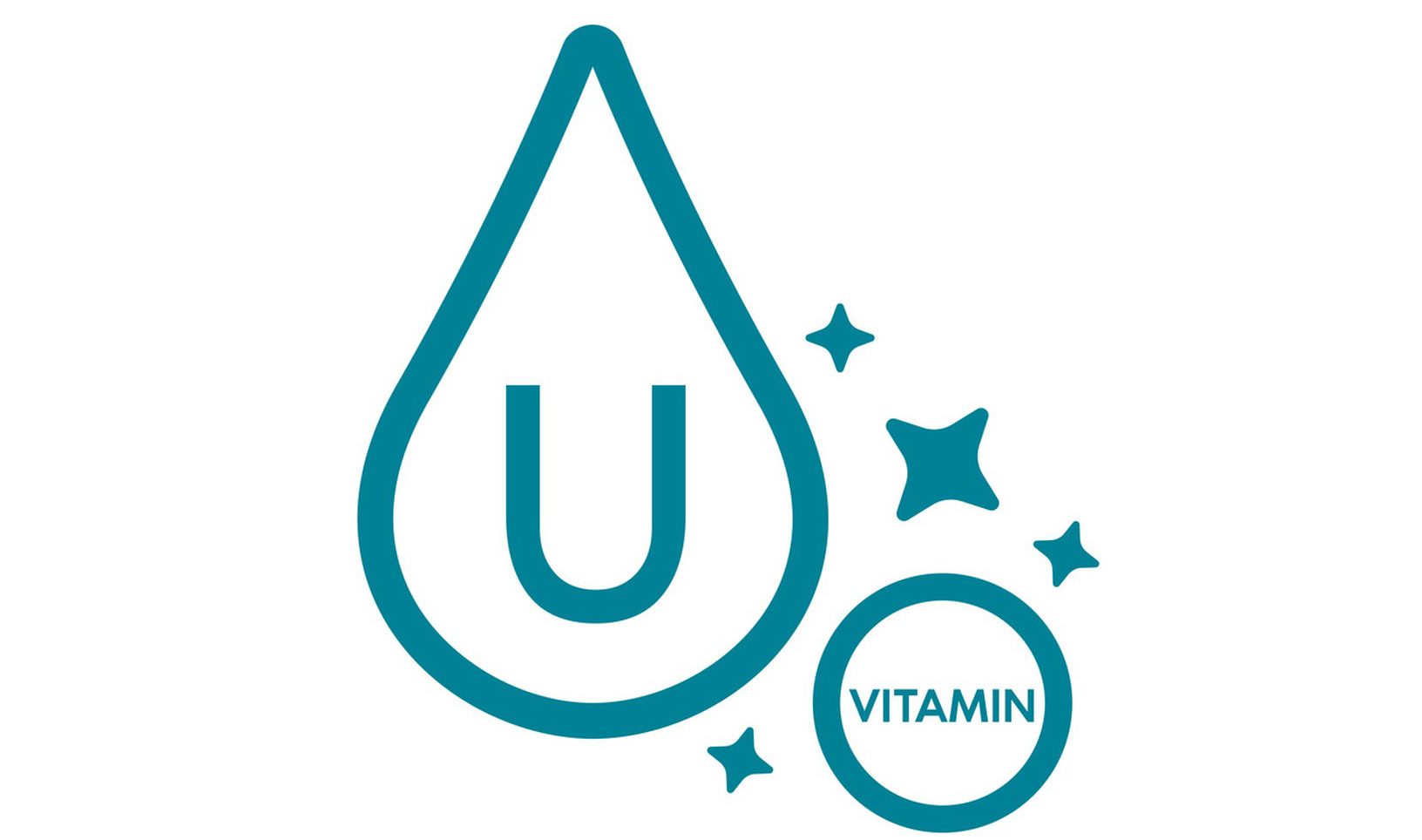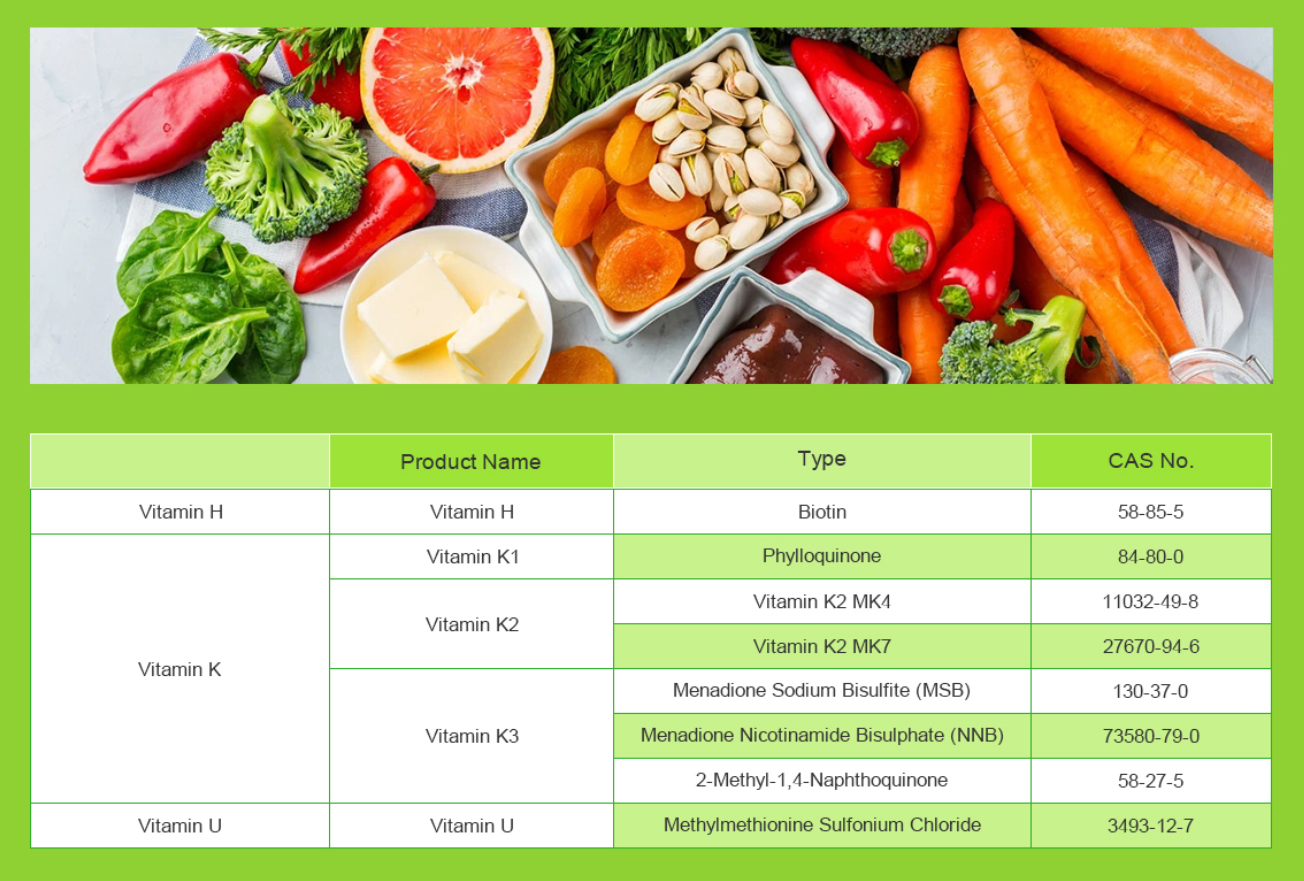Vitamin U is not actually a recognized vitamin in the traditional sense. The term “Vitamin U” was coined by Dr. Garnett Cheney in the 1950s, but it does not correspond to a true essential vitamin required for human health. Instead, it refers to a compound called S-methylmethionine, which is sometimes referred to as “Vitamin U” due to its potential role in promoting gastrointestinal health and healing stomach ulcers.
S-methylmethionine is found in certain foods, particularly in green vegetables like cabbage. It was believed to have beneficial effects on the stomach lining, which led to its informal designation as “Vitamin U.” However, it’s not considered an essential nutrient, and its role in human health is not well-defined. It is not included in the list of essential vitamins like A, B, C, D, E, and K.
In summary, “Vitamin U” is not a true vitamin, and its classification as such is somewhat outdated and not recognized by contemporary nutritional science.

Function and Effect of Vitamin U
Vitamin U, also known as S-Methylmethionine, is not actually a true vitamin, as it does not meet the definition of an essential nutrient required in small quantities for normal physiological function. However, it is sometimes referred to as vitamin U due to historical usage and its potential health benefits.
The name “Vitamin U” was coined by a scientist, Dr. Garnett Cheney, in the 1950s, to describe a substance he believed had therapeutic properties for the gastrointestinal system. Vitamin U is found in certain foods, such as raw cabbage, and it was suggested to have protective effects on the stomach lining and help with healing of gastric ulcers and other digestive issues.
The supposed functions and effects of Vitamin U include:
Gastric Health: Vitamin U was initially proposed as a treatment for gastric ulcers and other stomach problems. It was believed to promote the healing of damaged stomach lining and protect against further damage.
Anti-inflammatory Properties: Some research has suggested that Vitamin U may have anti-inflammatory properties, which could help in reducing inflammation in the digestive tract.
Detoxification: Vitamin U is thought to support the liver in its detoxification processes, potentially helping the body eliminate harmful substances.

Antioxidant Effects: It may act as an antioxidant, protecting cells from oxidative stress and free radicals.
Cardiovascular Health: Some studies have explored potential benefits of Vitamin U on cardiovascular health, including the regulation of cholesterol levels and blood pressure.
It’s important to note that the concept of Vitamin U as an essential nutrient has been largely abandoned, and the scientific community doesn’t universally recognize it as a true vitamin. Additionally, the evidence supporting its health benefits is limited and often outdated. There are more established dietary components, such as vitamins and minerals, that play crucial roles in human health.
If you’re interested in using Vitamin U or any other dietary supplements for specific health concerns, it’s advisable to consult with a healthcare professional to ensure that it’s safe and appropriate for your individual circumstances. A balanced and varied diet is typically the best way to obtain essential nutrients and support overall health.
